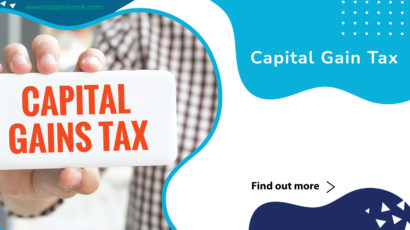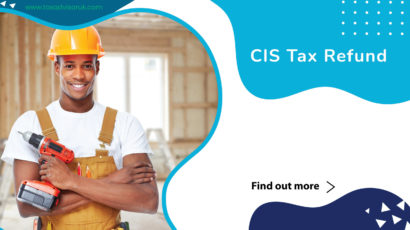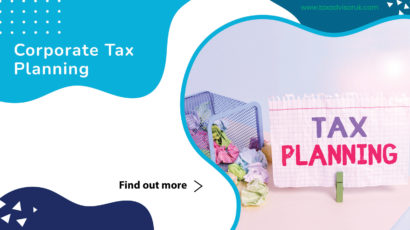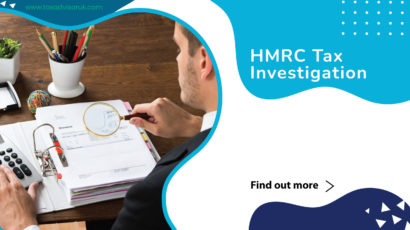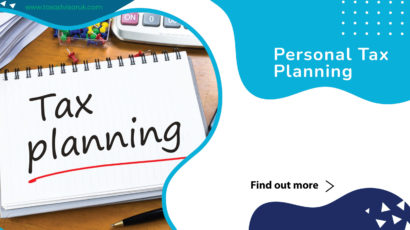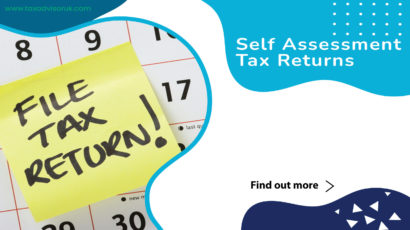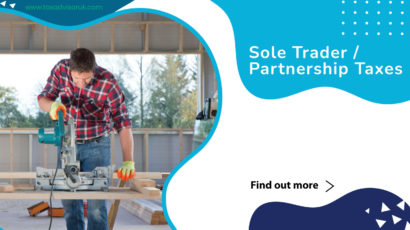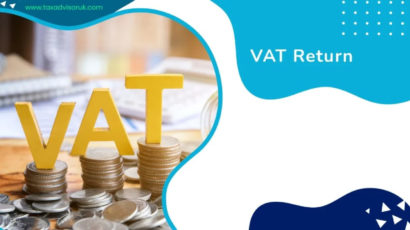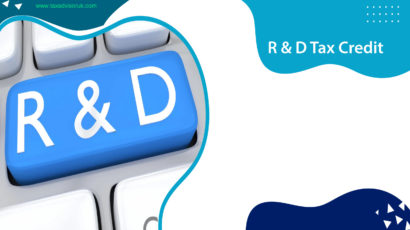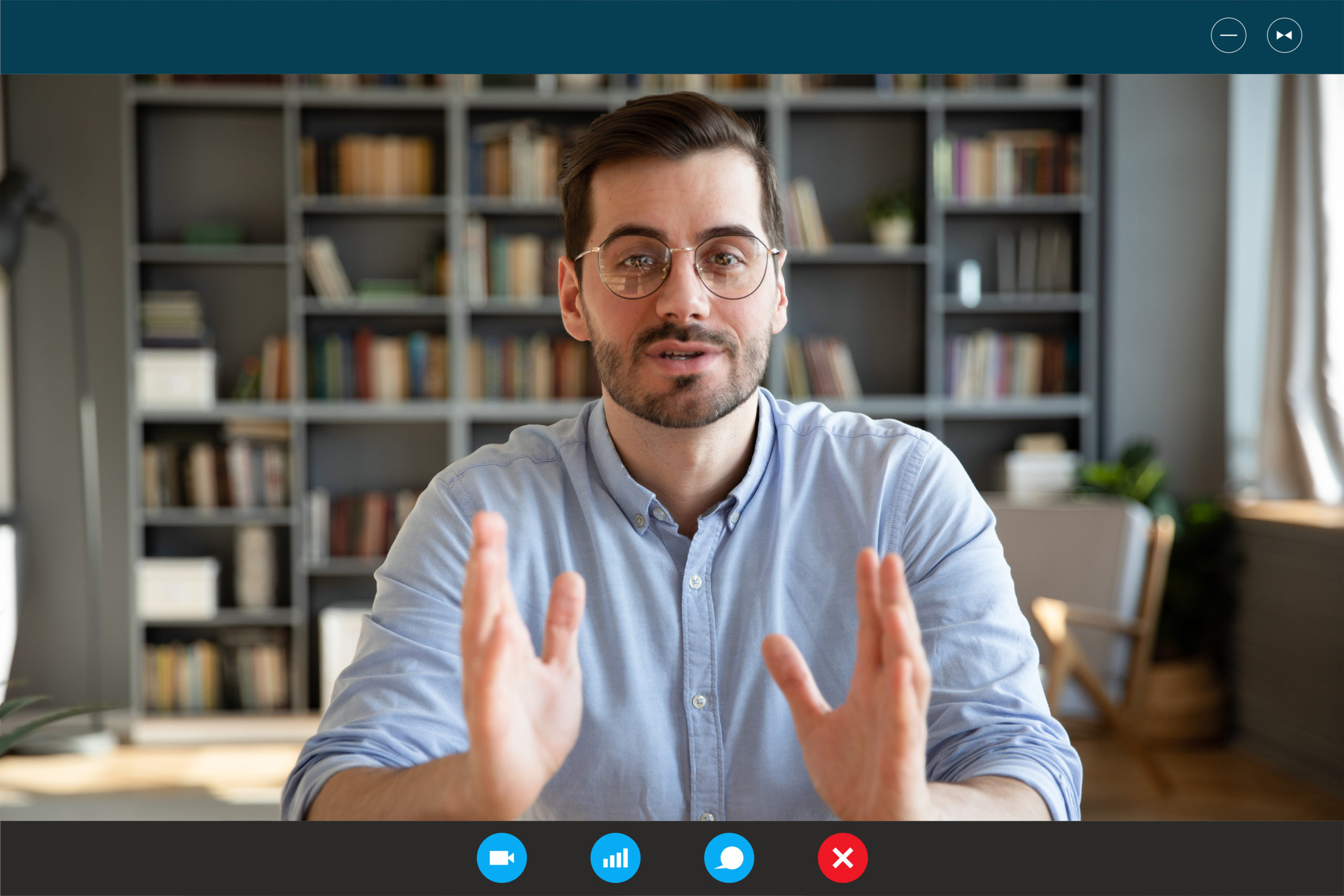In Past few years vacation has grown as a status symbol among many people, platforms such as Airbnb have also made places more accessible to people, due to which even property owners have increased their rents. This has been primarily noticed by (HMRC) Her Majesty’s Revenue and Customs. As to which government has imposed various taxes which have impacted the rental income of Landlords.
This blog will enlighten you about the idea of (FHL) Furnished Holiday Lettings, and what steps are needed to take if you are suitable for this condition.
In this article we cover:
- What is a Furnished Holiday Let (FHL), and how you can qualify for it?
- What if I am unable to meet 105 days letting requirement ?
- Using both averages and grace period
- Benefits of FHL
- Drawbacks of FHL
What exactly is a Furnished Holiday Let (FHL) and how do you get one?
Furnished holidays lets are properties which are different from residential and commercial properties. Once property is part of FHL it automatically becomes a trading business and subject to certain tax aids. Property should meet certain criteria to be part of FHL including availability, actual bookings, and level of furnishings.
A property must meet the following criteria in order to qualify as an FHL:
Furnished in the United Kingdom or the European Economic Area (EEA)
– The EEA includes Iceland, Liechtenstein, and Norway – should be well furnished and visitors must be allowed to use the furniture.
Intention to make the profit
As the property is a FHL ( Furnished Hotel Let), you should be able to tell that you are renting the property on a commercial basis for short periods and receiving money as rent from them. If property is rented off-season to cover costs but doesn’t make profit, the letting will still be considered commercial.
Occupancy conditions
A facility can only be classified as an FHL if it meets all three occupancy requirements
Availability condition
Property should be available for at least 210 days (30 weeks) yearly for guests, tourists and for commercial usage.
The pattern of occupation condition
Property rented to the same person consecutively should not exceed 155 days in a tax year, or it will fail to qualify as FHL.
letting condition
Property must be rented for a minimum of 105 days (15 weeks) out of the 210 days. Days when you reduce the rates to friends or family will not be counted.
Long-term leases of more than 31 days are not counted unless they exceed the 31-day restriction owing to an unanticipated incident such as illness or an accident.
The information given must be followed accordingly for the tax year (6 April-5 April) for properties that are already let out new lettings; the tests need to be applied in the first year from when the rental activity begins.
What happens if I can’t reach the 105-day letting deadline?
If property is not rented for least 105 days you have two options to help you meet the requirements.
The Averaging election
If more than one property is registered as an FHL and do not meet the requirement of 105 days of letting condition, in that case you may apply the letting status of all properties you let as an FHL at the average occupancy rate. An average election is what it’s called.
For example, from 2020 to2021, Steve rents four cottages in the United Kingdom for the following amount of days:
| Cottage | Number of days |
| 1 | 112 days |
| 2 | 125 days |
| 3 | 71 days |
| 4 | 120 days |
| Total | 428 days |
As we know that cottage 3 does not meet the 105 days letting requirement, Steve uses the average occupancy rate by dividing 428 days (112+125+71+120) by the number of cottages, i.e. 4 (428/4 = 107), and thus meets the condition of 105 days.
Note – An average can only be calculated for properties within a single FHL enterprise. As a result, it is not possible to combine UK and EEA FHL properties.
You will need to make an election for the averaging to apply within one year of 31 January after the end of the tax year. For instance, in case you are filing your tax return for the tax years 2020 to 2021, you must make an election by 31 January 2023.
Period of grace election
To give you a relief period of grace election we have facilitated you to stay as a furnished holiday let, even if 105 days letting requirement is not achieved in that year, also depending on the outcomes in last year.
You will qualify to make a period of grace election if your property met the required use in previous years, and you can show that you planned to let out the property commercially in that year by marketing it in a more aggressive manner than in comparison to previous years.
You may also be able to elect if your bookings were cancelled due to unexpected situations or COVID-19. As a property qualifies for Furnished Holiday Let in a given tax year, you will be able to treat it as for two additional years. The grace election must be made in the first tax year that the letting requirement isn’t met.
If you fail to meet the requirement for three consecutive years, you will not be able to make it to another election. So we direct you to seek professional assistance if this is your first year of letting.
Also See: Property sold abroad is subject to capital gains tax.
Using both averaging and period of grace
If you own a lot of properties, you’ll want to be sure you have both averaging and a period of grace elections set up to guarantee that each one has its FHL status.
For example – Amanda owns 4 cottages that she rents out as furnished holiday lettings. As shown in the table below, after 2 years, cottage 4 was unable to qualify for the letting condition in year 3 and 4.
| Cottages | Year 1 | Year 2 | Year 3 | Year 4 |
| Cottage 1 | Qualifies | Qualifies | Qualifies | Qualifies |
| Cottage 2 | Qualifies | Qualifies | Qualifies | Qualifies |
| Cottage 3 | Qualifies | Qualifies | Qualifies | Qualifies |
| Cottage 4 | Qualifies | Averaging | Period of grace | Period of grace |
Benefits of FHL
From the above table, it is clear that Amanda employs averaging elections in year two and period of grace in years three and four to ensure that cottage 3 remains eligible throughout the entire period.
Mortgage interest and other financing charges are entirely deductible in computing earnings from an FHL business, unlike in a regular residential property business
Capital allowance
Because FHLs are eligible for capital allowance claims, the cost of your furniture and other fixtures and fittings can be deducted from your profits, lowering your overall tax burden.
Business Asset Disposal Relief (BADR):
If you sell your FHL, you will be eligible for Capital Gains Tax Relief, or ‘BADR,’ which means the gains will be taxed at 10% rather than the 18% or 28% that other residential lets are liable to.
Pension Contributions:
FHL’s earnings are classified as “relevant earnings” because it is a trading activity. As a result, you can make pension contributions to lower your overall tax burden.
Drawbacks of FHL
You must weigh the pros and disadvantages of converting your property to an FHL before making your decision.
Administration:
Running an FHL will require more effort because you’ll need to keep track of how many days it’s been rented in order to meet the letting requirement. It’s possible that you’ll need more time to find acceptable tenants and cover the price of advertising.
VAT:
Residential lets are VAT-free, but because FHL is classified as vacation accommodation, you’ll need to register for VAT if your sales exceed the current VAT level of £85,000. This also means you’ll be able to claim VAT back on FHL-related expenses.
Losses:
FHL’s losses, like those of other rental enterprises, can only be reversed by future revenues from the same firm. You also won’t be able to offset losses in your UK FHL firm with losses in your EEA FHL business because they’ll be treated as independent entities.
Business Rates:
If the property is rented for more than 140 days a year, it may be subject to business rates rather than council tax.
How TaxAdvisor UK can help
At TaxAdvisor UK , our experts will provide you 30 minutes free consultation and help you in managing all your tax and accounting work. Speak to our expert accountants, tax advisor on (0203) 5381276 or fill an online form today. We can have a consultation session over the phone, virtual or face to face meeting and will provide you no obligation fixed quote.




